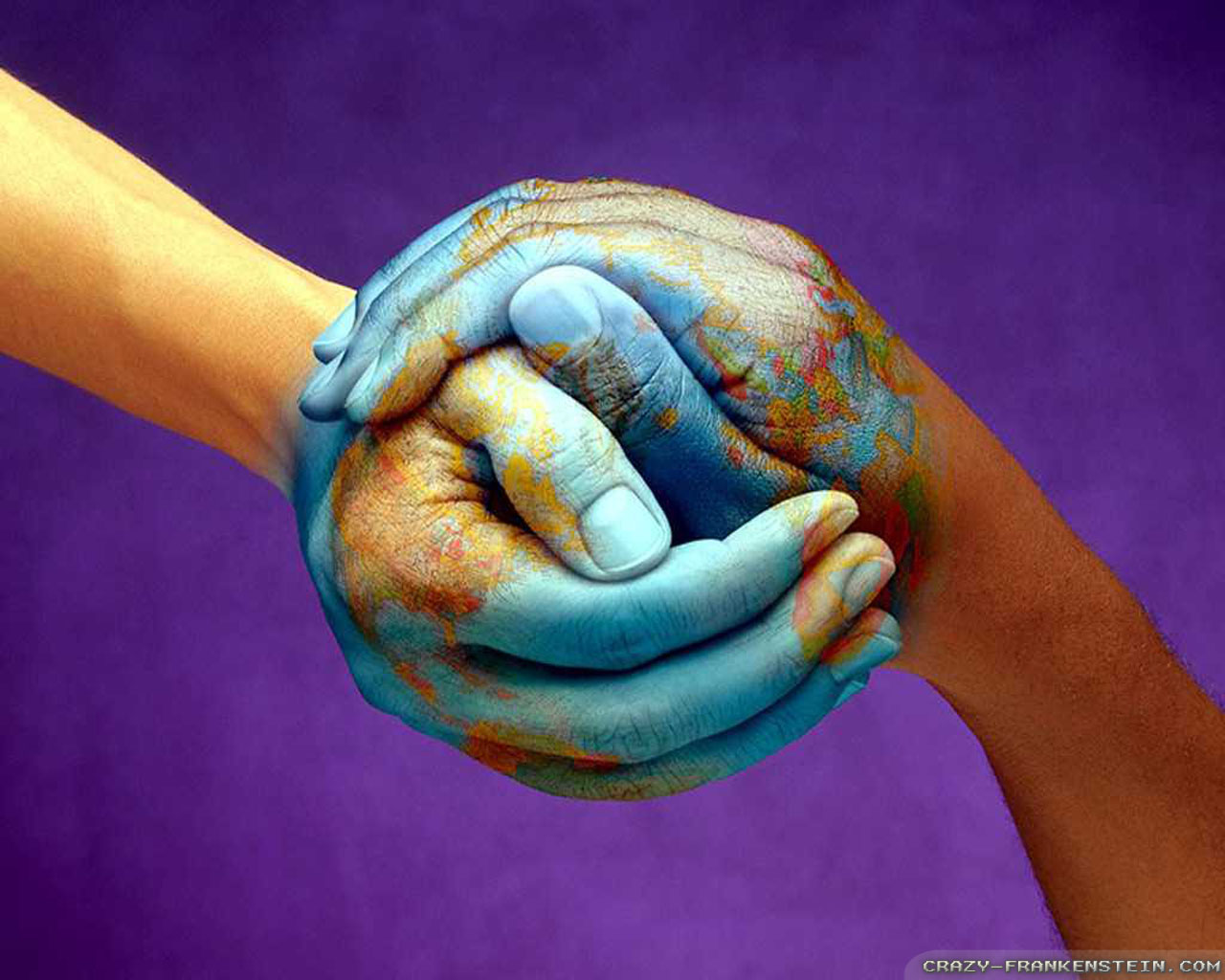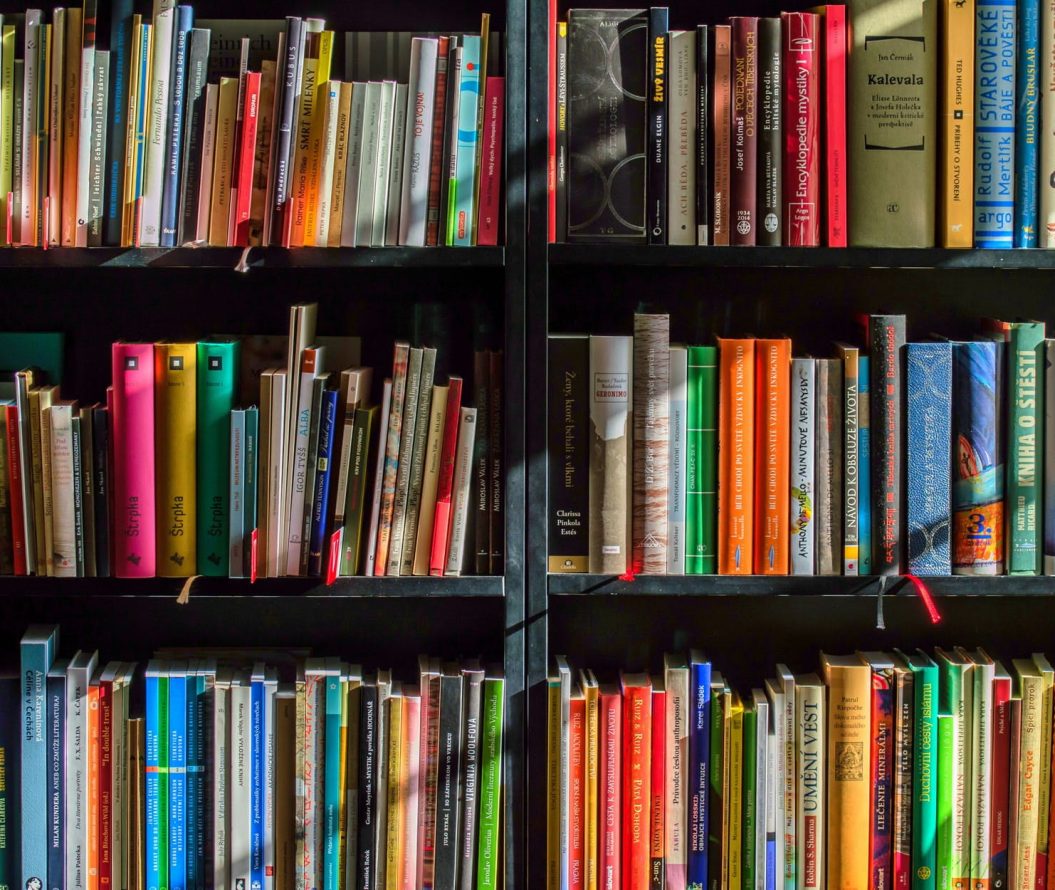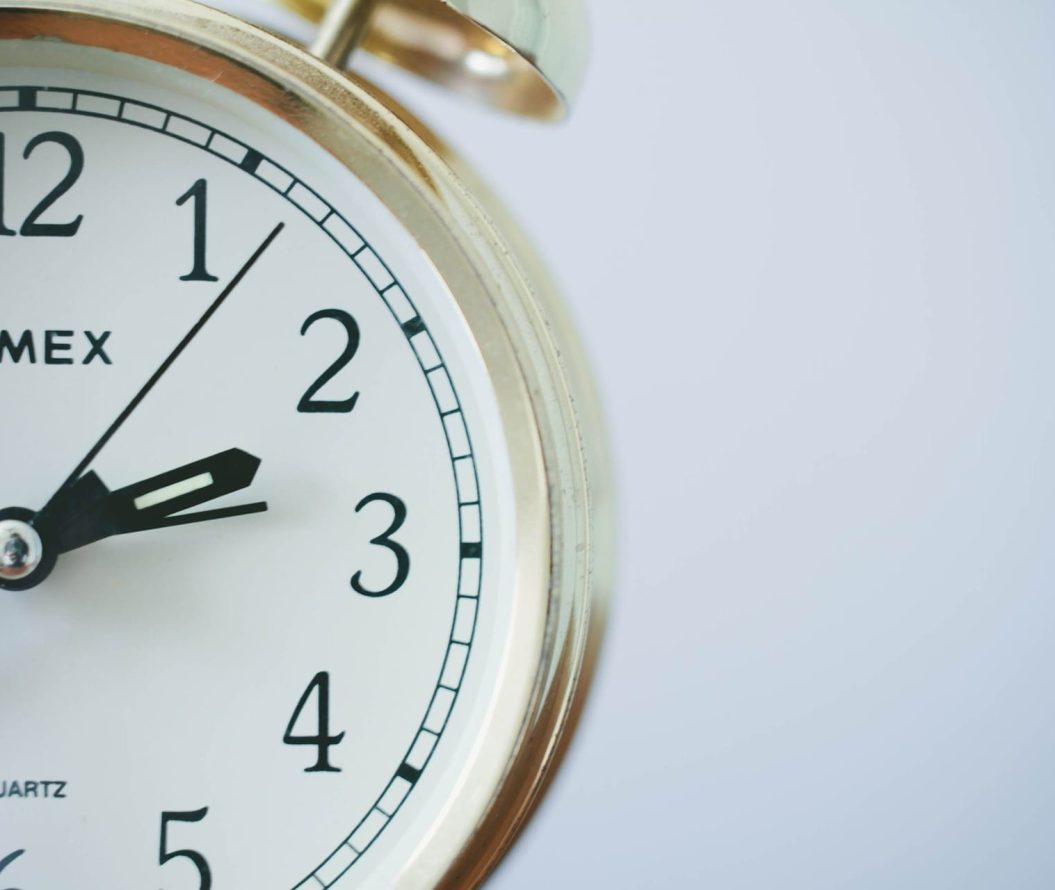
What Is Commonwealth Day?
Commonwealth Day is an annual event celebrated every second Monday in March. This means that this year it will be hosted on Monday 14th March. The day promotes unity and diversity among Commonwealth countries, while also reflecting on the community’s progress and achievements since its inception. Across the Commonwealth, its main celebrants are schools, governments, monarchies, and local communities.
What Is The Commonwealth?
The Commonwealth is a collective of 54 countries that seek to resolve political, economic, and social issues through collaboration. Their main goals are development, democracy and peace. Their values and principles can be found in the Commonwealth Charter. The Commonwealth Charter outlines 16 core principles that all member countries must adhere to.
The Queen is the community’s symbolic head of the Commonwealth. The day to day decision making is undertaken by the Commonwealth Secretariat and the Commonwealth Secretary-General. Led by professionals from across the Commonwealth, the Commonwealth Secretariat works with Commonwealth governments to provide assistance and coordinate Commonwealth activities. The Commonwealth Secretary-General represents the Commonwealth internationally, promotes the Commonwealth’s fundamental values, and manages the Commonwealth Secretariat. They are appointed by leaders and can serve a maximum of two four-year terms. The current Commonwealth Secretary-General is Patricia Scotland.
Every two years, the Commonwealth Heads of Government host an international summit where they address shared challenges and set new priorities. By consensus, decisions are made with statements reflecting the views of all those present. The next is set for June of this year.
The History Of Commonwealth Day
The Commonwealth dates back to the British Empire, a time in which Britain ruled a series of international countries. Established in 1902 to honour the late Queen Victoria, Commonwealth Day was originally known as Empire Day. Empire Day wasn’t officially recognised until 1916 although it took 9 more years before it truly reached a level of status and popularity in the country.
As time went by, British colonies began to seek and gain independence. At the 1926 conference, Britain and its former colonies agreed that they were members of the British Empire as equals. It was in 1949 at a Commonwealth Prime Ministers’ meeting that the London Declaration stated that republics and other countries could be part of the Commonwealth. The modern Commonwealth of Nations was born. In 1958, Prime Minister rebranded Empire Day as Commonwealth Day. In 1973 The Royal Commonwealth Society changed its date to the second Monday in March.
Over the years, many countries that were not part of the Empire have joined, such as Mozambique and Rwanda. Membership today is based on free and equal cooperation. It has been debated whether the date is problematic as it recalls a dark and brutal period of British history. However, many countries choose to celebrate it as a success as they became independent nations in their own right.
How You Can Get Involved
This year’s theme for Commonwealth Day is ‘Delivering A Common Future : Connecting, Innovating, Transforming ’. The theme focuses on how all 54 Commonwealth countries are working together toward common goals such as improving trade, fighting climate change, and promoting societal growth and stability. Additionally, since this is Her Majesty’s Jubilee Year, a special focus will be on Her Majesty’s role in the Commonwealth and the positive impact she has had on the community and its people. On Monday, a televised service will be held at Westminster Abbey in which the Queen shall make a speech. The service will then be followed by a series of virtual events which are free for the public to join. The full schedule for the day can be found on the official Commonwealth website.
- Topics
- Arts & Culture



